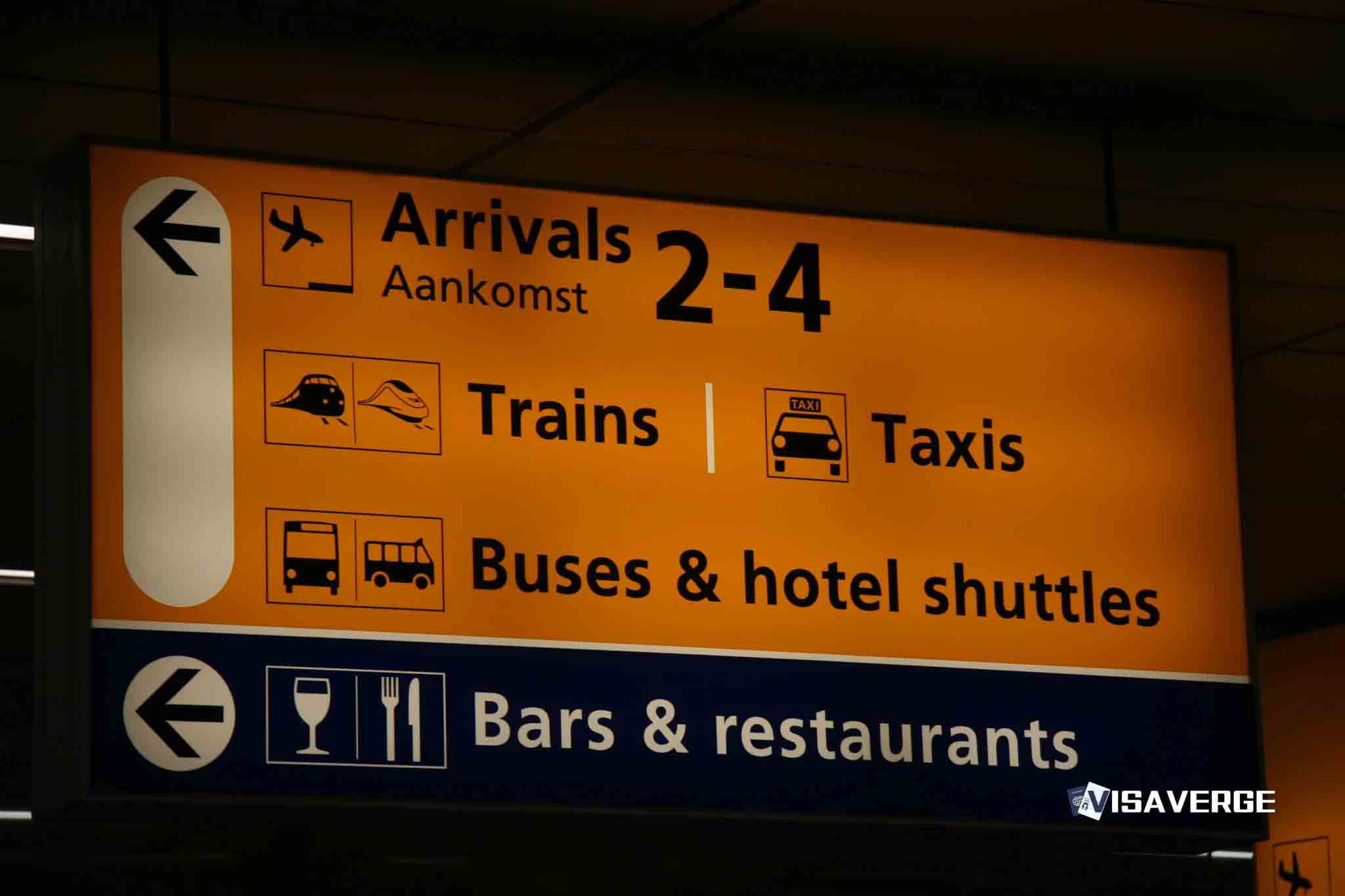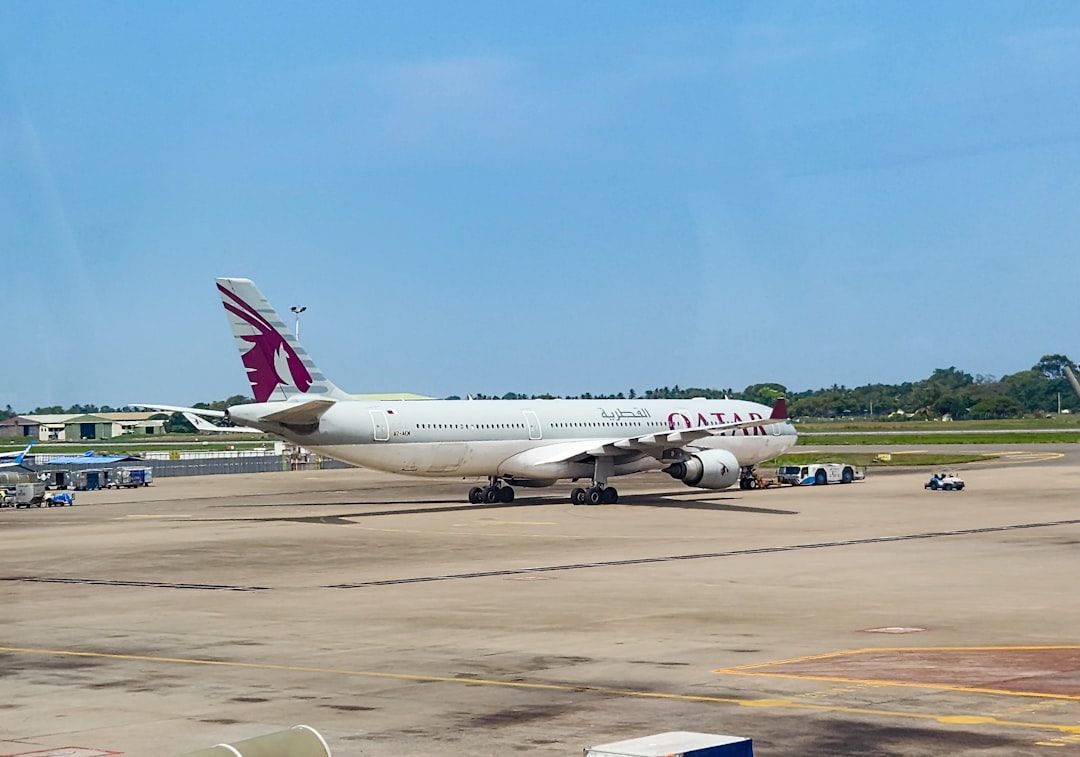Key Takeaways
- Canadian policy changes restrict international student permits, sparking protests among Indian students fearing deportation and reduced residency opportunities.
- Policy aims to ease housing, healthcare pressures by reducing international students amid economic challenges and resource strains in Canada.
- Demonstrators demand fair policies, highlighting significant financial contributions and advocating improved post-graduate work permits for students.
Indian students in Canada 🇨🇦 have expressed increasing concern over recent changes in immigration policies, which have led to widespread protests in several provinces, including Ontario, Manitoba, Prince Edward Island, and British Columbia. This uproar is driven by fears of potential deportation resulting from Canada’s new measures to limit the intake of international students and restrict pathways to permanent residency.
In January 2024, the Canadian government announced a significant policy shift, capping international student permit applications as part of a broader initiative to stabilize the influx of students over the next two years. The cap is expected to result in approximately 360,000 approved study permits for 2024—a 35% reduction compared to 2023. Furthermore, certain provinces have reduced their permanent residency nominations by 25%, further complicating the prospects for many international students aiming for residency post-graduation. This policy shift has left over 70,000 international student graduates, predominantly from India 🇮🇳, uncertain about their future in Canada.

The rationale behind these policy changes is multifaceted. The Canadian government aims to address mounting pressures on housing, healthcare, and other public services exacerbated by the rapid growth of the international student population. Statistics indicate that immigration accounts for approximately 97% of recent population growth in Canada. Many educational institutions have expanded their intake significantly, driven by revenue motives, leading to concerns about whether these institutions offer adequate support for incoming students.
Economic factors further underscore Canada’s policy adjustments. With the country facing an affordability crisis, healthcare challenges, and housing shortages, the reduction in international student numbers is seen as a way to alleviate these strains. Ensuring that those students who do arrive have access to necessary resources and support is paramount to the Canadian government’s strategy.
The policies also aim to bolster the integrity of the international student system. Concerns exist regarding potential exploitation of the system, with some students leveraging it more as a means to secure permanent residency than as an educational opportunity. By reforming the current system, Canada seeks to find a balance between being welcoming to international students and maintaining the sustainability of its immigration framework.
For Indian students, these changes have profound implications. They form a significant part of Canada’s international student demographic and have invested substantial time, resources, and finances into their education in Canada. The looming threat of deportation not only disrupts their career trajectories but also imposes severe financial burdens.
The protests indicate the students’ dismay and anxiety over what they view as abrupt and unfair policy changes that jeopardize their future. They argue that their contributions to the Canadian economy and society merit the opportunity to stay and work in the country. Demonstrators are advocating for extensions to post-graduate work permits, more transparent pathways to permanent residency, and a comprehensive approach to the issues at hand.
Beyond the individual students affected, these policy shifts may have broader ramifications. Canadian universities and colleges rely significantly on tuition fees from international students. In 2022, these students contributed approximately $22.3 billion to the Canadian economy, with Indian students alone accounting for around $10.2 billion. The financial impacts on educational institutions, should international student numbers decline markedly, could be severe.
This situation in Canada reflects a larger global trend in international education and migration patterns. Numerous countries are reassessing their international student policies, trying to balance the advantages of economic and cultural enrichment with the challenges posed by domestic labor markets and overloaded infrastructures.
The long-term consequences of Canada’s policy decisions are yet to be determined. While they might temporarily relieve some pressures on infrastructure and services, they could also affect Canada’s reputation as a leading destination for international students, with potential ripple effects on the economy and cultural diversity.
Stakeholders continue to call for a more nuanced approach that addresses issues surrounding system integrity and resource constraints while still providing international students with opportunities. As reported by VisaVerge.com, the Canadian government has indicated that these measures are provisional, to be reviewed after a two-year period, implying that adjustments could occur based on the results and feedback.
In summary, the deportation protests by Indian students in Canada underscore the intricate relationship between immigration policies, economic realities, and personal ambitions. As Canada navigates these complex challenges, achieving a balance that satisfies both domestic requirements and international obligations is critical. The outcome of this situation could establish significant precedents for how developed countries manage international student programs amidst a rapidly globalizing world. For additional information on Canada’s immigration policies, readers may consult the official Government of Canada website.
Learn Today
Immigration Policies: Governmental regulations controlling the influx, residency, and rights of individuals from other countries, often changing based on socio-economic needs.
Permanent Residency: A status allowing non-citizens to live and work indefinitely in a country, distinct from citizenship but with similar rights.
Study Permit: A legal document allowing international students to study in a foreign country, subject to immigration laws and quotas.
Deportation: The formal removal of a person from a country, often due to violations of immigration or residency laws.
Post-graduate Work Permit: A temporary permit allowing international students to work in the host country after completing their education.
This Article in a Nutshell
Indian students in Canada are protesting new immigration policies, risking deportation. With study permit caps and reduced permanent residency nominations, their futures hang in uncertainty. The policy aims to ease housing and service pressures but compromises careers and contributions. Balancing immigration control with fairness remains a challenging diplomatic task.
— By VisaVerge.com
Read more:
• Canada Poised for Major Shift in Immigration Levels and Policy
• Canada and Australia Tighten Immigration Rules for International Students
• Indian Students Protest Canada’s Immigration Policy Changes amid Deportation Fears
• 70,000 International Students Protest Deportation in Canada
• Canada Tightens Temporary Foreign Worker Rules due to Labor Market Concerns







